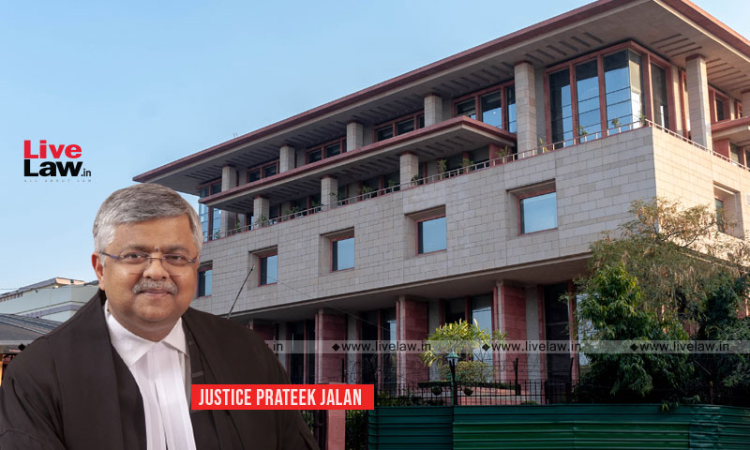Arbitration Clause In A Contract Perishes With Its Novation: Delhi High Court
ausaf ayyub
6 Jun 2023 3:35 PM IST

Next Story
6 Jun 2023 3:35 PM IST
The High Court of Delhi has held that an arbitration clause contained in an agreement would perish with its novation if the novated agreement does not contain any arbitration clause. The bench of Justice Prateek Jalan held that the view taken by the arbitral tribunal regarding the non-arbitrability of the dispute due to the novation of the agreement that contained the arbitration clause is...
